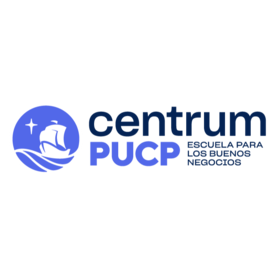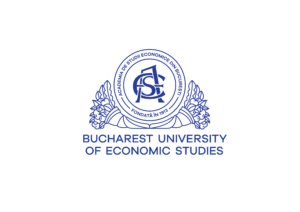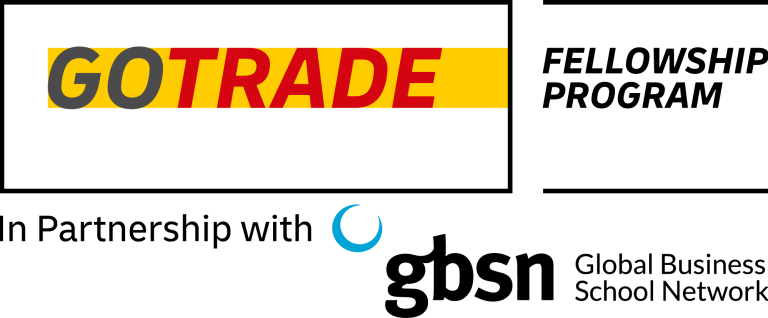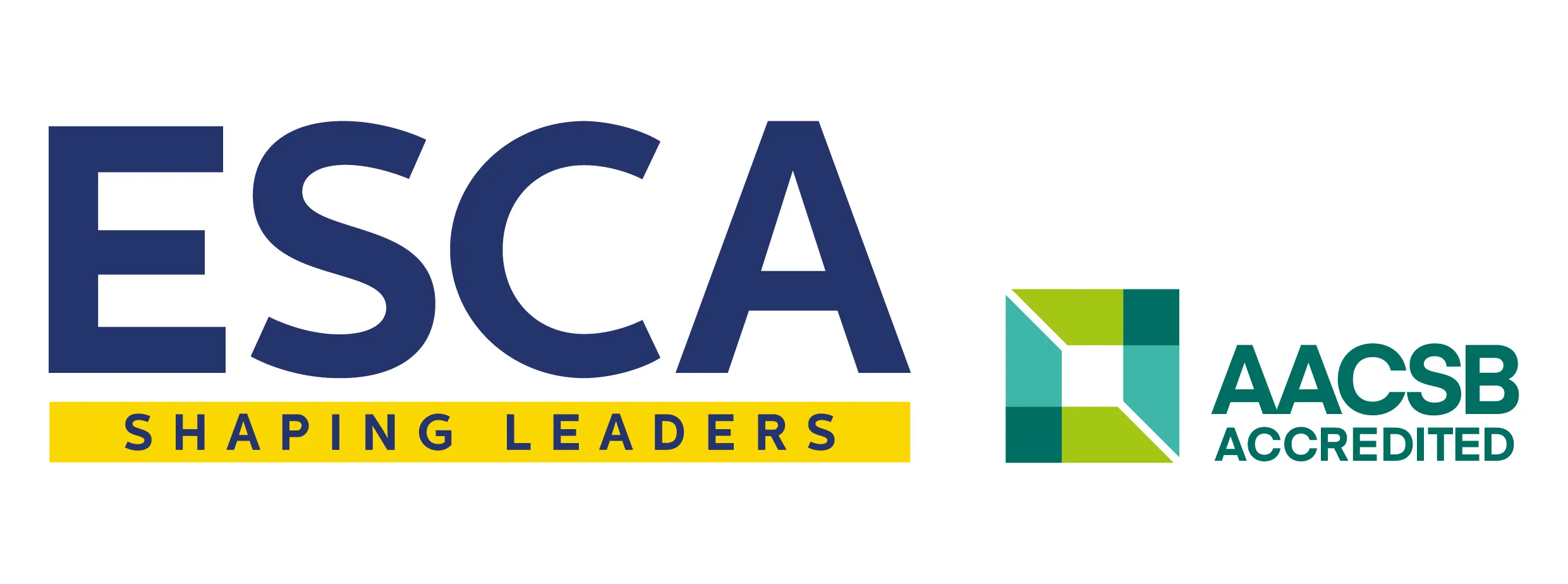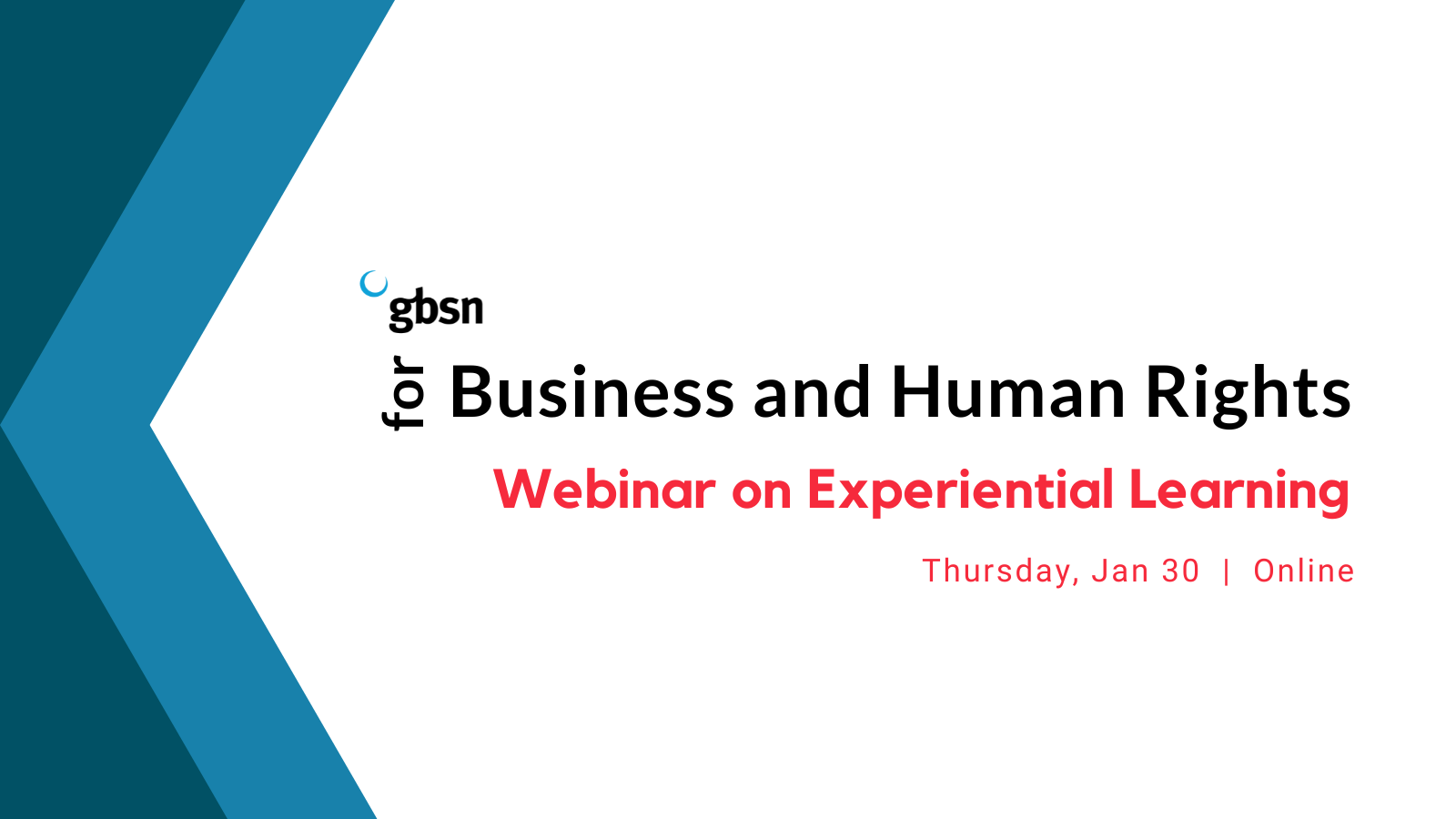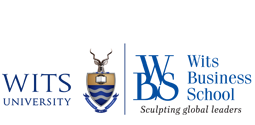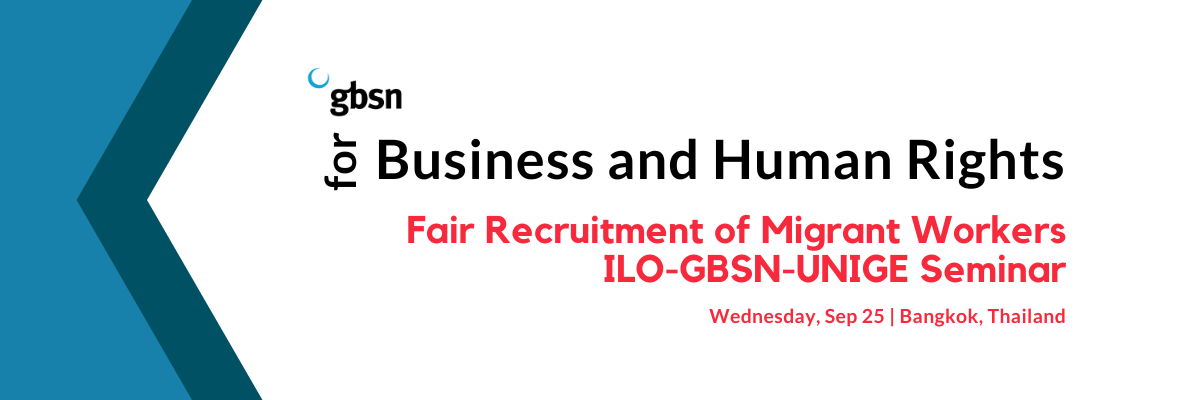Routledge Book Series: Principles for Responsible Management Education (PRME)
Description
The aim of the current book is to map the pioneering art-based pedagogies used in education for sustainability, approaching them from transdisciplinary perspectives and in a holistic way from inside out. The book will focus on the opportunities and challenges related to transforming the individual and collective mindsets for a more resilient and regenerative living ecosystem by means of integrating art-based pedagogical approaches in higher education institutions, represented primarily by the UN Global Compact PRME signatories.
It is well-known that a piece of art can resonate deeply with an audience, bring together different stakeholders, spark imagination, create meaning, inspire solutions and leave lasting emotional and cognitive impressions. A concert, an installation or a theatre performance – art questions, provokes, confronts, disrupts, activates, and calls for reflection and transformation.
The arts can be powerful tools in transforming mindsets for sustainable development. Art-based pedagogy could become the game changer for individuals and organizations struggling to find solutions to complex problems connected to our peaceful co-existence on the planet with other species, the climate crisis and the issues of intergenerational and intragenerational justice in the face of limited resources. This book welcomes submissions that address these challenges in various contexts and present possible solutions to help pioneers in education, art and business organisations to better cope with their own challenges.
More specifically the book will explore how educators, artists, managers and entrepreneurs can contribute to sustainable development through the lens of the Sustainability Mindset Principles (SMP), the Inner Development Goals (IDG) and the UN Sustainable Development Goals (SDG). Authors will tell personal stories, share practical experience and engage in reflective discussions on how these holistic conceptual frameworks have been tackled and what specific actions are needed to contribute to achieving a sustainable future through inspiring art-based pedagogical interventions that create change with an accelerated speed. The SMP, IDG and SDG frameworks present new challenges, risks, and opportunities for individuals, societies and business organisations focusing on turning social, economic and environmental wicked problems into opportunities for sustainable development.
Our purpose is to highlight the significance of art-based pedagogical approaches in manifesting a sustainable future. We aim to create a book that will be an essential resource for academics, students, artists, business practitioners, and policymakers who are interested in the role art-based pedagogies play in participatory learning and anticipatory visioning of environmentally, socially and economically just sustainable futures.
The main goal of this book is to provide a comprehensive overview of the challenges and opportunities associated with integrating art-based pedagogy in education for sustainability, as showcased mostly in the pioneering stories and practices of the PRME signatories.
We welcome contributions that discuss these challenges and opportunities. The indicative list of topics to contribute to, inspired by the discussions with our colleagues at NBS and AoMO:
- The arts-based pedagogy in education for sustainability: definitions and perspectives ● Art-based pedagogical interventions to develop the Sustainability Mindset Principles ● Achieving Inner Development Goals through art-based methods in higher education ● Mainstreaming Sustainable Development Goals by means of art-based interventions ● Putting emotions at the heart of education for sustainability through arts-based pedagogies ● Unfolding the road to humanizing business and education through art-based approaches ● Why and how art-based interventions challenge business as usual
- Developing authentic leaders through art of storytelling
- Digital technologies and art-based pedagogical interventions
- The role of art-based pedagogies in humanizing management
- The impact of art-based pedagogies for soothing, nurturing and healing of students ● The role of artistic and creative intelligences in harnessing emotion, empathy and hope in the making of sustainable future
- Benefits from art-based initiatives, envisioned solutions and scenarios created in consensus with local stakeholders
- The role of art-based pedagogical interventions for development of local communities and democracy.
We look forward to contributions to chapters related to various challenges and opportunities associated with integrating art-based pedagogy in education for sustainability on the above mentioned topics. We invite contributions written in a storytelling format from a first person perspective or as a dialogue between co-authors rather than writing chapters in the traditional manner. Additionally, we encourage authors to use visuals that illustrate the application of art in pedagogical interventions in education for sustainability.
Next Steps
Please, send to Ekaterina (dr.ekaterina.ivanova@gmail.com) CC Isabel
(isabelrimanoczy@gmail.com) and Divya (divyasinghal@gim.ac.in) the following:
- An abstract of your proposal of a chapter of max 150 words following this structure: ○
- Context of application of your art-based intervention (e.g., undergraduate, post graduate, graduate course or educational program in a business school, art institution, business enterprise, local community etc.).
- Art-based pedagogy that you have applied in education for sustainability (e.g. music, poetry, theater, photography, painting, sculpture, tapestry, installation, collage, video-art, etc.)
- Learning outcome that you envisioned with the art-based intervention you used.
- Impact that your art-based pedagogy created in education for sustainability.
- A chapter heading and 4-5 keywords.
- Your short bio of max 100 words.
Deadline for submission of abstracts and bio: September 30th, 2024.
Submission deadline for full chapter manuscripts (max 4000 words excluding references) is December 20th 2024. Please, use APA style referencing and in-text citations.
We would like to submit a PDW proposal for the Academy of Management 2025 in Copenhagen, so it would be a great opportunity for all of us to connect in person and present our papers.
All manuscripts will go through a regular peer review process as stipulated by Routledge Guidelines. Accepted papers are expected to be published both online and as a Hard Copy in summer 2025.
Timeline
- Abstract and bio submission till – 30 September 2024
- Abstract acceptance notification – 15 October 2024
- Selected authors feedback workshop – 1 November 2024
- Full chapter submission – 20 December 2024
- Decision notification – 15 January 2025
- Revised submission – 15 February 2025.
For any questions related to the book, please reach out to any member of the editorial team.
Book Editors:
Dr. Ekaterina Ivanova, Associate Professor of Strategic and International Management, HSE Graduate School of Business; Vice-Chair, PRME Eurasia Chapter, dr.ekaterina.ivanova@gmail.com
Isabel Rimanoczy, Ed.D., Convener LEAP!, PRME Working Group on the Sustainability Mindset, Founder of SMIndicator.com, isabelrimanoczy@gmail.com
Dr. Divya Singhal, Professor of Management; Chairperson, Center for Social Sensitivity & Action, Goa Institute of Management, divyasinghal@gim.ac.in



